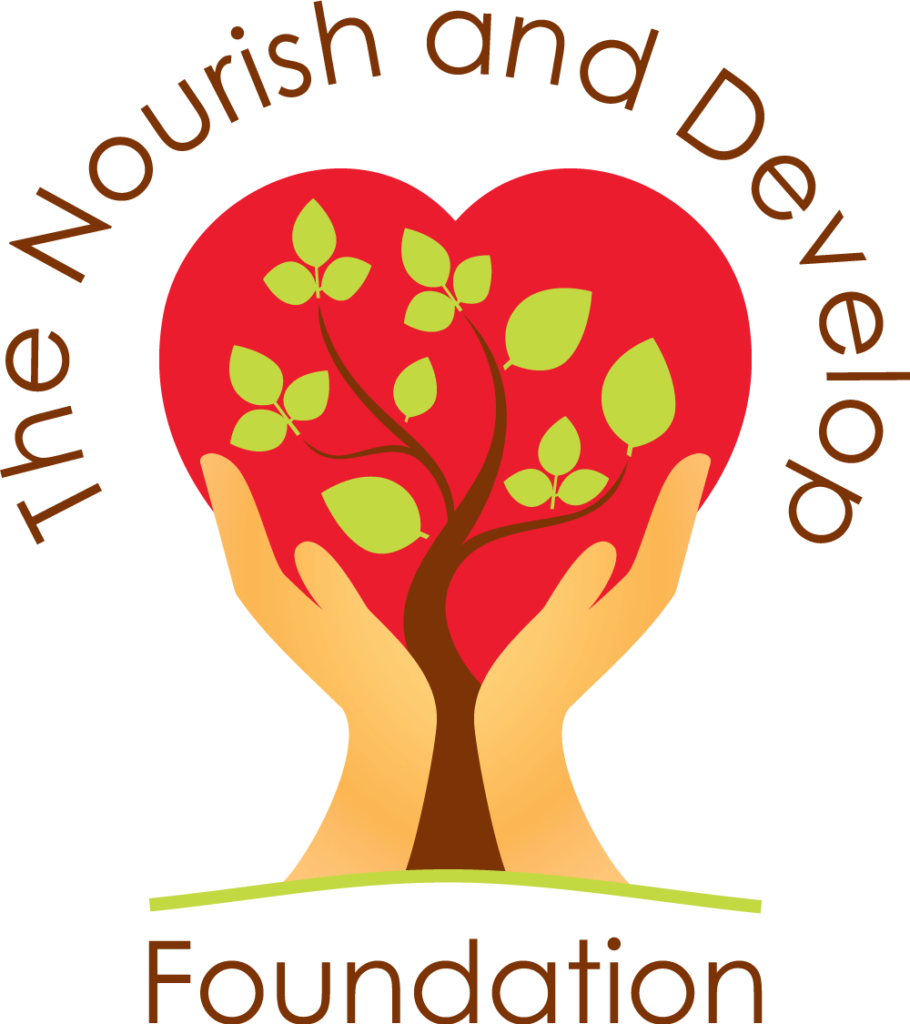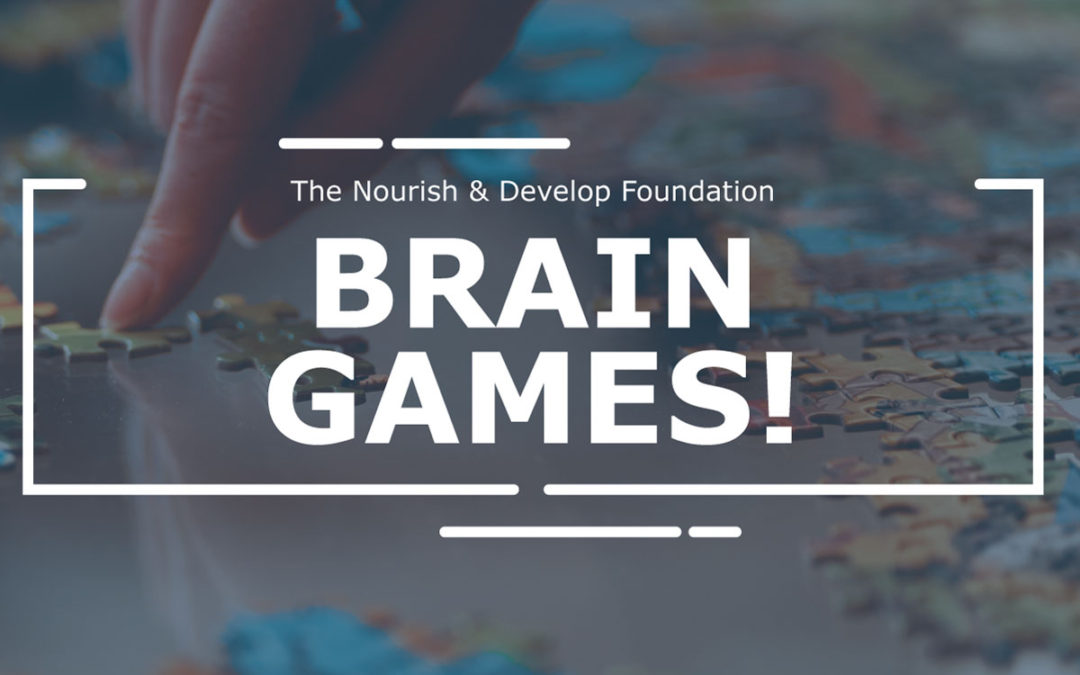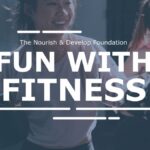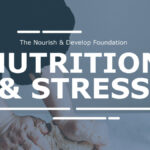Last week we touched on creative ways to get physically active so today we would like to speak to
the importance of giving our brains a workout!
Exercise is one of the best things we can do to increase brain plasticity by stimulating growth of new connections between cells, and fortunately for us there are so many more ways we can sharpen our minds. Our brains are essentially in a constant state of change in terms of its structure, function, chemistry, and development from how we respond to our environment including our thoughts, behaviours, and life experiences. We can control which direction these changes will take through the habits we adopt and by the activities we choose to engage in. Below we have compiled some ideas for improving our brain health.
The brain is the most resilient organ in the body. It is malleable which is why most therapies involve working with the brain to alter our thought process and change patterns. For instance, if someone experienced an unwanted behaviour, they would be asked to think about what they were thinking before the behaviour happened, what action they took, and what the consequences were. Then they would be encouraged to examine the situation further and generate alternative thoughts and beliefs that are more helpful moving forward. We can also support what our brains are hardwired to do through exercise, balanced eating, and mental stimulation.
Some benefits of continued learning and practicing challenging tasks may include:
- Mitigating boredom
- Enhancing sequencing skills
- Improving short-term and long-term memory
- Utilizing visualization region of the brain
- Activating reasoning abilities
- Boosting reaction time
- Stimulating area of the brain responsible for problem-solving
- Regulating emotional intelligence
- Building processing speed
- Raising self-confidence
Therapist’s Guide to Cognitive Behavioural Therapy Download
Our brains function best when we consume a nutritious and balanced diet by preventing oxidative stress and synaptic plasticity. Our cognitive function is at its best when we consume:
Flavonoids: dark chocolate boosts blood flow to the brain and blackberries improve motor control.
Antioxidants: green tea improves alertness and blueberries reduce inflammation.
Mediterranean diet: an overall diet high in whole grains, fruits, vegetables, beans, nuts, and seeds has memory boosting benefits and is associated with lowered cognitive decline.
Omega-3 fatty acids: salmon provides oxygen to the brain and flaxseed supports brain structure.
Vitamins D & E: mushrooms prevent neuronal damage caused by amyloid-beta plaques and peanut butter has the potential to enhance mood.
Posture: maintaining an upright posture improves circulation and blood flow to the brain.
Sleep: problems associated with poor sleep negatively affect cognitive function as new memories are formed during our slumber so getting a good night’s rest is essential to good brain health.
Music: listening to or playing music improves memory function in older adults and boosts creative thinking.
Meditation: quieting the mind through meditation changes the structure of the brain, strengthens neural connections, and increases ability to process information.
Walking: the impact of our feet hitting the ground sends pressure to our arteries, increasing blow flow to the brain.
Reading: one study showed that reading later in life reduced memory decline by 32%.
Something to look forward to:
When we use our brain in new ways it is as if we are keeping our software updated!
Hobbies: taking up a new activity like sewing, cooking, gardening, or carpentry improve our executive functioning skills and the reward we get from learning something new strengthens synapses.
Languages: studying a foreign language expands the areas of the hippocampus and language centres of the brain. Being fluent in two or more languages can improve visual-spatial skills and ease the switch of moving from one task to another.
Arts: next to diet and exercise, exploring the arts has some of the biggest impacts on neural growth and attention enhancement. Poetry, painting, dancing, and making music are creative examples to achieving this.
Teaching: once you learn a skill, you need to practice it, and teaching is a productive way to do so! Explaining it to someone else allows you to correct any mistakes you make and reinforces your memory.
Playing games offers a fun way to exercise our brains and to get socially active!
Cards: like Go Fish, BlackJack, and Solitare.
Board Games: try Chess, Checkers, or Scrabble.
Puzzles: including Sudoku, Riddles, and Jigsaw puzzles.
Digital: go tech with Brain Metrix, download CogniFit, or join Lumosity).
- Use acronyms to store larger amounts of information, ex. the Great Lakes are HOMES (Huron, Ontario, Michigan, Erie, and Superior.
- Engage all your senses simultaneously when you have the opportunity, such as at a farmer’s market where you can smell foods, touch products, taste samples, hear the sounds, and see the people around you.
- Build your vocabulary by looking up the definition any time you come across an unfamiliar word and use it in a sentence 3 times the following day.
- When you learn someone’s name, pair a visual image to associate it with. Positive, colourful, and three-dimensional visualizations are easier to remember.
https://bebrainfit.com/brain-plasticity/
https://www.aplaceformom.com/caregiver-resources/articles/sharp-mind
https://www.healthline.com/health/mental-health/brain-exercises#bottom-line
The brain is a tool that gets rusty without, albeit moderate, exercise.



